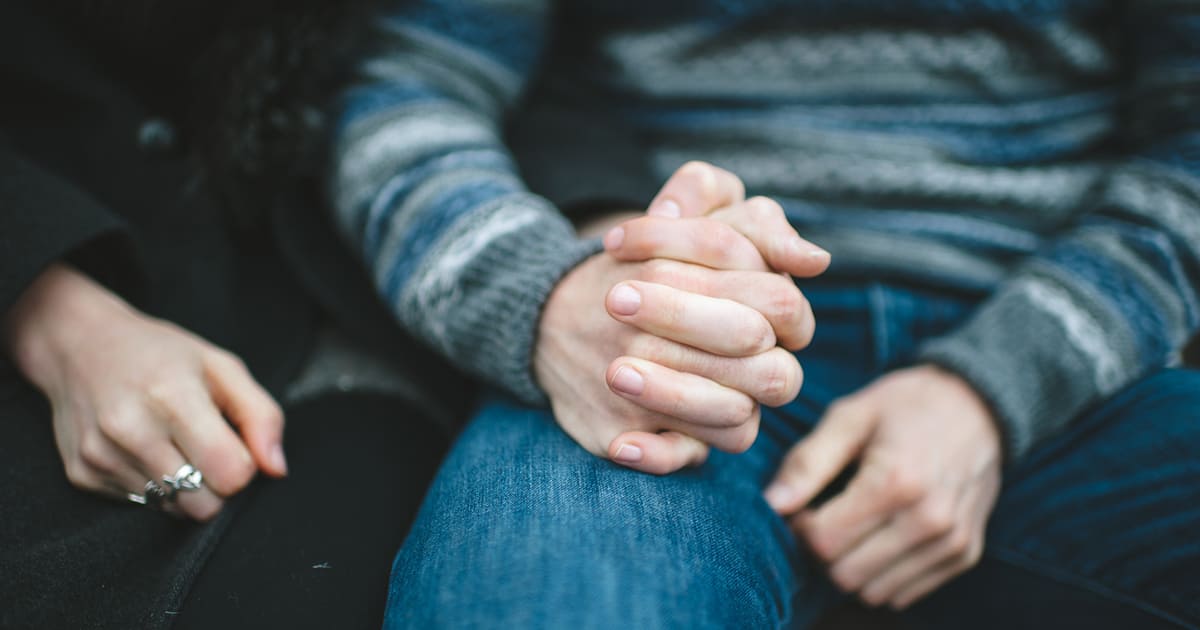Fostering Healthy Connections in Times of Conflict
Health professionals promote wellness strategies for the LAU community, tackling the shifts in relationship dynamics caused by the impact of the ongoing war.
The LAU Gilbert and Rose-Marie Chagoury School of Medicine’s Office for Continuing Medical Education (CME) in collaboration with the School of Arts and Sciences (SoAS) continues to create a space of solidarity for the LAU community through its timely Q&A psychotherapy webinar series, with the fourth session, Navigating Relationships and Emotions in Uncertain Times, held on October 23.
Led by Clinical Assistant Professor of Psychiatry Wael Salame from the school of medicine and Assistant Professor of Practice in Clinical Psychology Toni Sawma from SoAS, the session discussed the impact of stress, exacerbated by the conflict, on relationships between couples and family members.
With the onset of war, family dynamics have shifted significantly, with many people relocating to live with family members—such as adult children moving back in with parents, or parents joining their adult children—and couples adjusting their roles to fit the emotional demands of their partners. These distortions of the status quo have led to increased anger, irritability, aggression and communication challenges.
While conflict and disagreements among family members or couples are normal, noted Dr. Sawma, they become alarming when reactions become extreme, such as those impacting one’s wellbeing or escalating to physical aggression. At that point, he advised, intervention is essential, whether through personal effort or by seeking professional help.
“When people feel uncomfortable expressing their emotions or are embarrassed by their needs—like wanting personal space because it seems minor compared to others’ needs—they often end up repressing their feelings, which can turn into irritability, aggressive behavior, or emotional outbursts,” explained Dr. Salame.
He shared his observations of frustrated medical students who, accustomed to spending most of their time alone on campus or in hospitals, are now adapting to new routines with their families due to recent relocations. He emphasized the importance of openly communicating one’s needs and emotions, setting ground rules like informing family members when personal time is necessary, and finding a balance between one’s needs and family obligations.
When asked by one of the attendees about adapting to living with a depressed family member or significant other, Dr. Salame warned about the risk of “mirroring”—a psychological state where we unconsciously start adopting the behaviors of those around us, such as social withdrawal, helplessness and hopelessness in this case.
“It’s crucial to set boundaries,” he reiterated, “by balancing the support we provide with attention to our own psychological needs in order to remain empowered.”
Dr. Sawma underscored the importance of remaining flexible during these unprecedented times to prevent relationship breakdowns and build emotional resilience. He encouraged making joint decisions grounded in shared values and interests among family members and couples and finding a sense of purpose—a belief in tomorrow and our power to shape it.
In response to a question about the time it takes to adjust emotionally after the war, Dr. Sawma said it was typically six to 18 months. This varies from person to person, he added, depending on preexisting psychological conditions, personal experiences, emotional expression and the presence of a support network.
